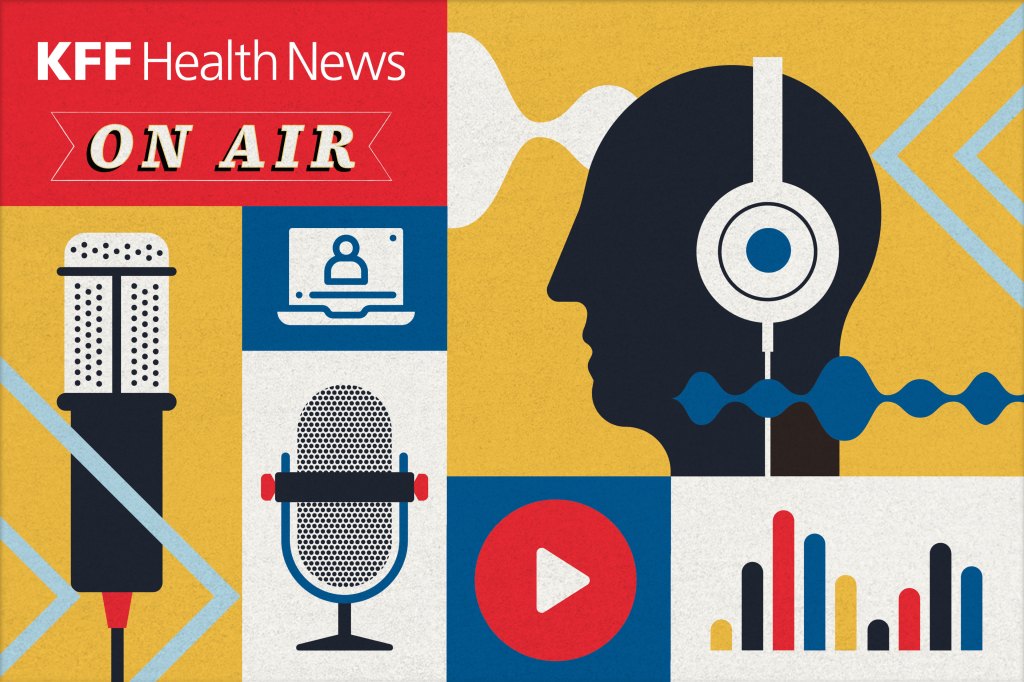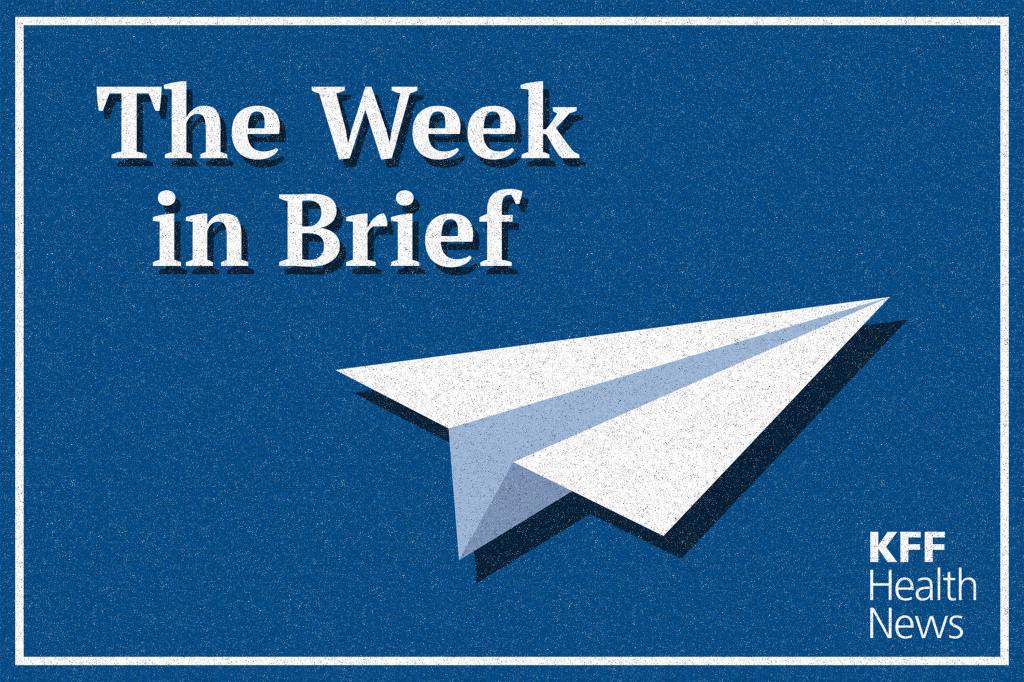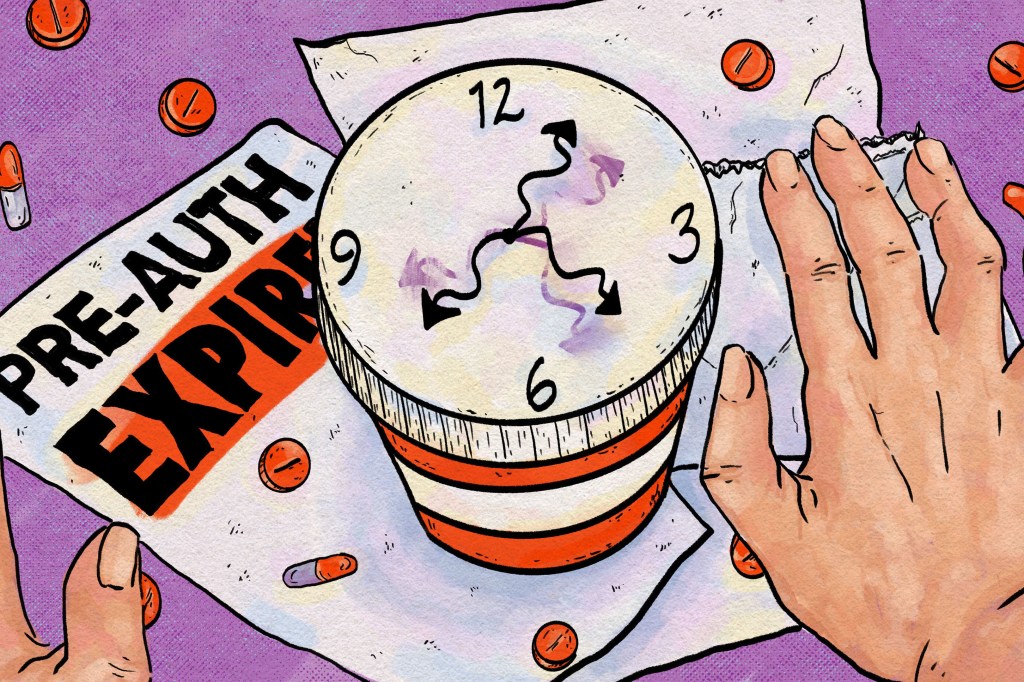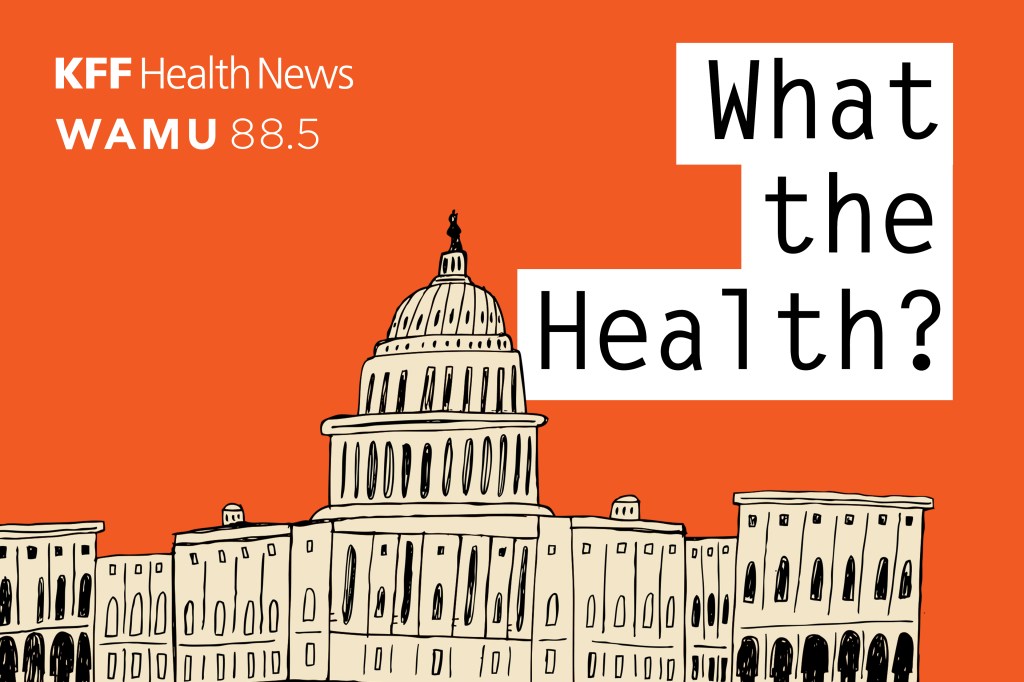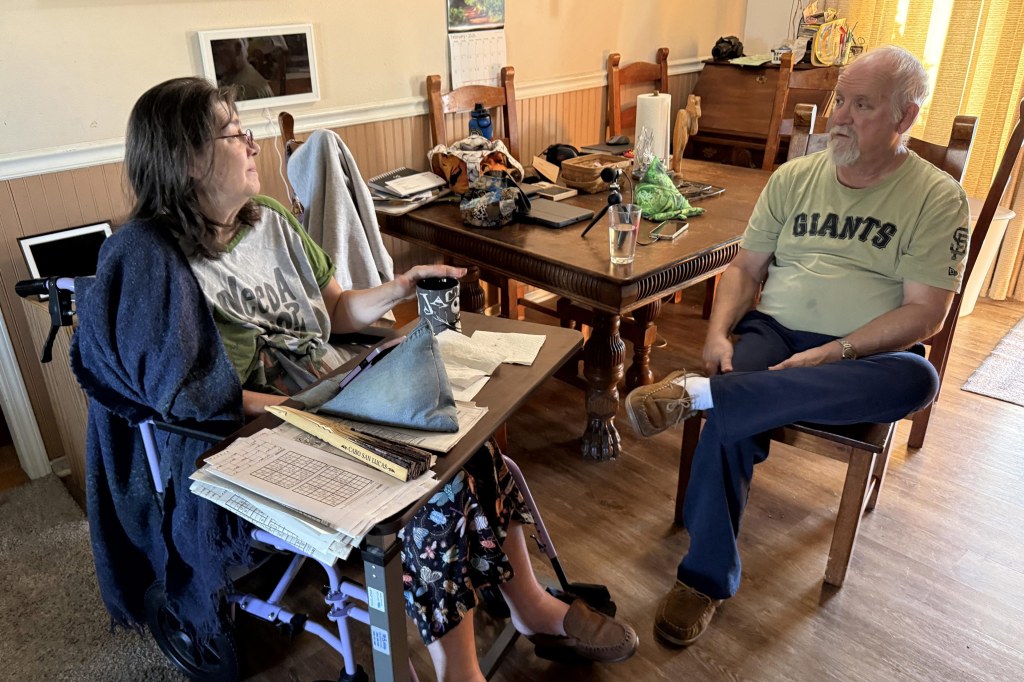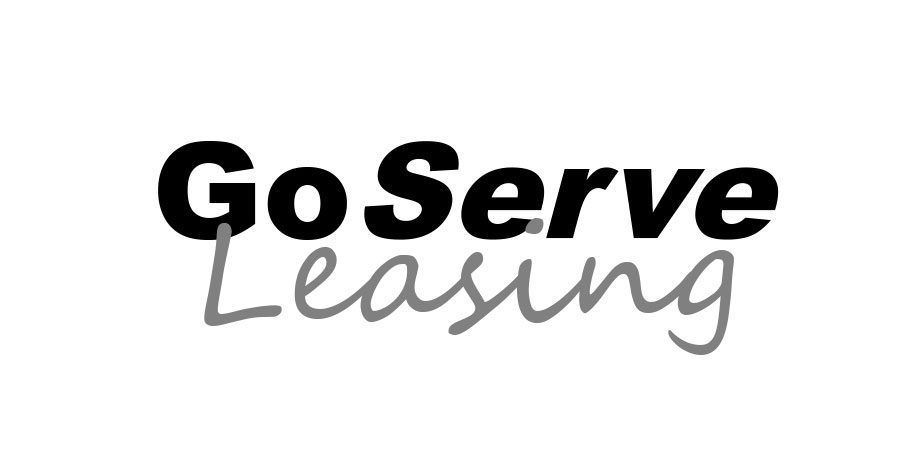- The dental workforce trends that will dominate 2026
- Federal Medicaid cuts threaten dental care access: See the potential impact by state
- Children’s Mercy raises $150M for mental healthcare
- California awards $291M to expand behavioral health housing, services
- Think bigger – Turning AI from Trends to Long-Term Transformation
- UnityPoint Health hospital names market chief nursing officer
- OhioHealth builds well-being programs to reshape caregiver culture
- Washington hospital staff vote ‘no confidence’ in management company
- U of Mississippi Medical Center restores phone lines after cyberattack
- 13 health system IT leadership moves
- How health systems are repositioning informatics
- Mississippi hospital names COO
- Ex-Amazon Health leader joins Spotify founder’s health tech startup
- Know the True Value of Your Lab When an Offer Is on the Table
- U of California offers 32% wage hike in union talks
- UF Health taps new outpatient senior VP
- UAMS names new director of cardiovascular medicine division
- CMS’ add-on billing code boosts specialist pay: Study
- Lawmakers introduce bill to reverse Medicaid cuts, expand Medicare benefits
- Florida medical center to expand with ASC
- New Jersey woman charged with practicing unlicensed dentistry
- CMS extends hospital-at-home waivers for 5 years: What ASCs need to know
- 100+ organizations call on CMS to revise 2027 MA rates
- The retention breakthrough anesthesia needs
- Oklahoma advances interstate compact bill
- Brown University Health names new chief of cardiac surgery
- UNC Health Appalachian offers psychiatric physician training program
- Former PepperPointe Partnerships COO joins DPO
- The Smilist expands into Virginia
- Physician-led orthopedic ASC opens in Florida
- Colorado Medicaid ABA audit finds $77.8M in improper payments
- Georgia opens 30-bed forensic mental health unit to ease jail backlog
- Pennsylvania county cuts ribbon on $19.8M mental health diversion center
- Outpatient cardiology’s CMS whiplash
- 12 new ASCs in February
- UHS to roll out behavioral health revenue cycle AI tools in 2026
- UHS to roll out behavioral health revenue cycle AI tools in 2026
- 15 dentists making headlines
- CMS to suspend enrollment into Elevance’s Medicare Advantage plans
- Report: Most states investing in value-based care with Rural Health Transformation Program
- U.S. Tops 1,100 Measles Cases This Year as Outbreaks Grow
- FDA To Offer Cash Bonuses for Faster Drug Reviews
- 10 providers seeking RCM talent
- PDS Health added de novos across 3 states in February
- Novant posts 4.8% operating margin in 2025
- 'One2PrEP': Gilead's 1st Yeztugo DTC ad reimagines hit song to highlight biannual dosing
- Cleveland Clinic posts $913M operating income, 5% margin — 7 things to know
- Former Optum CEO Heather Cianfrocco to depart UnitedHealth Group
- New Drug, Acoziborole, Could Boost Efforts to Wipe Out Sleeping Sickness
- Chocolate Male Supplement Recalled Over Hidden Erectile Dysfunction Drug
- Clinician Engagement: The Operating Lever Behind Margin and Throughput
- Your Anesthesia Subsidy: Key Questions Every Hospital C-Suite Must Answer
- Amid unfolding Middle East war, pharma giants keep close eye on employee safety, supply chains
- CMS set to suspend enrollment in Elevance Health's Medicare Advantage plans
- Kennedy adds 2 new members to CDC’s vaccine panel ahead of delayed meeting
- Kennedy adds 2 new members to CDC’s vaccine panel ahead of delayed meeting
- Urban Traffic Noise Disrupts Sleep, Affects Heart Health After One Night
- Hormone Therapy Might Be Unnecessary For Some Prostate Cancer Patients
- Benzodiazepine Use Down In U.S., But OD Risk Remains, Study Says
- GLP-1 Drugs Might Ease Chronic Migraine, Study Says
- Blood Test Reveals Alcohol-Related Liver Disease
- Telemedicine Visits Cost Five Times Less Than In-Clinic Care
- Families Defend Disability Services Amid Medicaid Cuts
- Medicaid Is Paying for More Dental Care. GOP Cuts Threaten To Reverse the Trend.
- Bavarian Nordic CEO to follow board chair out the door after failed private equity takeover
- Ascendis gains more altitude with FDA approval for dwarfism drug Yuviwel
- CDMO Quotient extends Ipsen supply pact for rare disease drug Sohonos
- Quest Diagnostics launches Google-powered AI chatbot to help patients understand lab results
- Tennr takes aim at phone call bottlenecks as it builds out automation for patient referral process
- DoseSpot, Arrive Health merge to combine prescribing tools with pharmacy, medical benefit data
- Why Digital Tool are Needed to Cope with Increasing Pressures in MedTech Innovation
- Why Digital Tool are Needed to Cope with Increasing Pressures in MedTech Innovation
- Electronics Pollution Pose Added Threat to Endangered Dolphins, Porpoises
- Flea And Tick Pills May Pose Environmental Risks, Study Finds
- ICE, ALS, Addiction Medicine, and Robotic Ultrasounds: Journalists Sound Off on All That and More
- 11 behavioral health executive moves to know
- 3 behavioral healthcare M&A deals in 2026
- Anthem Blue Cross of California pushes E/M downcoding policy to April
- Iowa dentist surrenders license
- Temple University gets approval for $3.19M rural dental clinic
- A Canadian Hospital Scoops Up Nurses Who No Longer Feel Safe in Trump’s America
- Statement on the Adoption of Final Rules Under the Holding Foreign Insiders Accountable Act
- Statement on Final Rules for the Holding Foreign Insiders Accountable Act
- State Medicaid budgets to weather $664B reduction through 2034 due to OBBBA: RAND
- Clover Health CEO said company sees opportunity in complex MA environment
- How pharma marketers are capturing the power of podcasts to connect with consumers
- Cigna's Evernorth quietly acquires hospital pharmacy CarepathRx
- Walgreens debuts virtual weight management clinic with access to GLP-1 meds
- New Obamacare Rules Could Raise Deductibles to $31K For Families
- Study Suggests One Common Amino Acid May Affect How Long Men Live
- Merck to wind down Gardasil production at N.C. plant, lay off 150-plus
- Walmart Great Value Cottage Cheese Recalled Over Pasteurization Issue
- Chris Bosh Says He’s 'Lucky To Be Alive' After Sudden Health Scare
- Patrick Kennedy: Collab with MAHA is essential to address mental health crisis
- Lilly debuts Nvidia supercomputer with fanfare and focus on escaping traditional pharma lifecycle
- Alignment CEO John Kao offers measured response to proposed 2027 MA rates
- Sanofi, Genentech, Kedrion back star-studded bleeding disorder awareness campaign
- Op-ed: Our patients deserve better safety reporting. AI could be the answer
- After CHMP nod, Moderna CEO applauds EU's 'rigorous scientific review'
- UCB's fast-growing Bimzelx leaps across blockbuster sales threshold as HS momentum builds
- How the Brain Learns to Have Seizures During Sleep
- Blood Test Can Predict Short-Term Survival Among Seniors
- Why Turning 19 Spikes Medicaid Loss for Millions
- Crash Course Might Speed Brain Stimulation Treatment For Depression, Study Suggests
- Wildfire Smoke Linked To Increase In Violent Assaults
- More Parents Are Refusing A Life-Saving Shot For Their Newborns, Study Finds
- He Needs an Expensive Drug. A Copay Card Helped — Until It Didn’t.
- To Avoid Care Disruptions, Know When the Clock Runs Out on Your Prior Authorization
- As SCOTUS takes on 'skinny label' review, top US lawyer sides with generics maker
- Lake Nona Impact Forum: There can't be longevity without tech
- Fierce Pharma Asia—China deal growth; Daiichi's new CMO; Astellas-Vir bispecific tie-up
- Autoimmune CAR-T: Navigating the FDA’s new regulatory playbook
- FDA Approval for BIOTRONIK Solia CSP S Pacing Lead For LBBAP
- FDA Approval for BIOTRONIK Solia CSP S Pacing Lead For LBBAP
- Catalyst OrthoScience gets FDA 510(k) Clearance of Archer® Patient-Specific Instrumentation for Shoulder Arthroplasty
- Catalyst OrthoScience gets FDA 510(k) Clearance of Archer® Patient-Specific Instrumentation for Shoulder Arthroplasty
- Smith+Nephew signs distribution agreement with SI-BONE
- Smith+Nephew signs distribution agreement with SI-BONE
- Quantum Surgical Acquires NeuWave Medical, Inc.
- Quantum Surgical Acquires NeuWave Medical, Inc.
- How Pharma is Expanding its Global Footprint to Advance Clinical Research
- Partnering to Advance Drug Delivery Innovation
- What the Health? From KFF Health News: What About the State of Health?
- Teladoc Health reports slower growth, offers cautious 2026 outlook as it shifts telehealth model
- CFO Mark Kaye to take the helm at Carelon in leadership shake-up at Elevance Health
- Insurance groups say proposed flat Medicare Advantage rates fail to meet the moment
- Health Gorilla urges court to toss lawsuit filed by Epic, health systems
- Stryker launches Synchfix™ EVT, expanding options for flexible syndesmotic fixation
- Stryker launches Synchfix™ EVT, expanding options for flexible syndesmotic fixation
- Democrat-Led States Sue Trump Administration Over Cuts to Childhood Vaccine Schedule
- CDC Vaccine Advisory Panel To Revisit COVID Shot Safety Next Month
- Frozen Blueberry Recall Issued Across Four States for Listeria
- Boehringer's Hernexeos secures speedy first-line expansion in FDA's 2nd national priority nod
- 'Like talking to a brick wall': Senate hearing takes aim at FDA's rare disease review process
- After delay, CDC vaccine panel sets new dates to discuss long COVID and mRNA shot safety
- Decision Criteria for Technology Commercialization of Medical Devices in 2026
- Decision Criteria for Technology Commercialization of Medical Devices in 2026
- Cientos de enfermeros estadounidenses dejan atrás el Estados Unidos de Trump y eligen trabajar en Canadá
- Continuous Cardiac Monitoring: Redefining the “End” of a Clinical Study?
- Continuous Cardiac Monitoring: Redefining the “End” of a Clinical Study?
- Could Drone-Delivered Defibrillators Save Lives?
- Inflammation Linked To Brain Damage, Memory Problems Among Football Players
- Early Birds, Active Folks Less Likely To Develop ALS
- Disasters Can Affect Mental Health A Decade Later, Review Finds
- AI Chatbots Can Contribute To Worsening Mental Illness, Study Finds
- Newborns Exposed to More ‘Forever Chemicals’ Than Once Thought
- Study Highlights Unique Parenting Struggles of Younger Patients With Heart Disease
- Altman-backed startup Verifiable rolls out AI agent to automate credentialing
- ‘You Aren’t Trapped’: Hundreds of US Nurses Choose Canada Over Trump’s America
- ‘Kind of Morbid’: Health Premiums Threaten Their Nest Egg. A Terminal Diagnosis May Spare It.

Without a single reference to any of the recent, massive data thefts from Michigan medical data files, Lisa Nicolaou at the Michigan Health Information Network (MiHIN) praises the role of cloud data files in reducing 'health inequities'. This is part of the Michigan Democrats' SDOH (Social Determinants Of Health) agitprop, a thinly disguised effort to racialize health care across our state.
Everyone needs to clearly understand that 'cloud' data files are stored on some unknown server, belonging to some unknown entity, with totally unknown levels of security. 'Cloud' is a term intended to make the computer illiterate comfortable with completely irresponsible file storage done at the lowest cost, with the least degree of protection:
Opinion | Michigan’s data-sharing efforts help reduce health inequities
By Lisa Nicolaou - January 24, 2024The new year is here and many of us, myself included, are resolving to prioritize our health and wellness. On the docket: moving more, eating healthier and getting more sleep. That’s how we have been taught to think about our health — as a series of choices which are entirely dependent on the mindset and willpower of the individual making them.
In reality, it’s not that straightforward.
Imagine growing up near a busy highway, with limited access to fresh food and safe parks. Or living in a community plagued by food insecurity and unemployment. These social determinants of health (SDOH) – your neighborhood, education, income and more – silently influence your health, well-being and quality of life. In fact, SDOH impact our health more than the medical care we receive, with 50-60% of an individual’s health outcomes being attributed to social and environmental factors.
This isn't just some national statistic – it's a reality playing out right here in Michigan. Recognizing the critical importance of addressing SDOH, Gov. Gretchen Whitmer has proclaimed January as SDOH Month. Throughout the month, the Michigan Department of Health and Human Services and its local, state and federal partners will highlight their efforts to address the complex issues that impact SDOH – but it’s important to keep in mind that this work is a marathon and not a sprint.
Fortunately, Michigan is blazing the trail in the national fight for health equity.
The Michigan Health Information Network (MiHIN) is Michigan’s state-designated health information exchange, allowing hospitals, physicians, and other medical professionals to share health records quickly and securely. MiHIN is leading the way by fostering collaboration among historically siloed healthcare and social service providers.
This fragmented landscape creates significant obstacles to improving care, controlling spending, preventing duplication and burdens individuals with coordinating their own care. By harnessing the combined power of health and social care data, we gain a holistic understanding of an individual’s needs, optimize resource allocation and develop targeted interventions that improve care outcomes for Michiganders.
In 2022, MiHIN facilitated a trailblazing “Interoperability Pledge” that brought together several of the most prominent software companies that connect people in need with vital resources. By signing the pledge, these companies joined forces and committed to work towards the use of national data standards that would allow information to move freely between commercial software systems, eliminating information silos and improving care coordination. The companies – who are ultimately competitors in the marketplace – have come together to create a more collaborative environment, share best practices and even develop new solutions that ultimately help Michiganders and the care teams that serve them.
Additionally, Michigan is tackling SDOH head-on through its newly established Community Information Exchange (CIE) Advisory Committee. In its first year, the cross-sector committee is focused on implementing a statewide strategy designed to address the complex issues surrounding care coordination between health and social care and to create a path to advance health equity for all residents. The group’s work hinges on a robust system for exchanging health and social care data – a system that puts people first, empowers them to control their health information and connects them directly to critical resources within their communities. The data captured through this care process can inform evidence-based policy changes, ultimately paving the way for health equity for all Michiganders.
Leaders throughout Michigan are working hard to create the playbook on how to better care for the whole person. At MiHIN, we're on a mission to empower both patients and the care teams that serve them. We're working collaboratively with our state CIE Advisory Committee to guide how data is used, ensuring it unlocks the door to true health equity for all.
At the end of the day, meeting a basic need like hunger is simple – provide food. However, untangling the complex web of factors that led to the need in the first place – poverty, lack of access to healthy food, and systemic inequalities – is anything but. To advance health equity, minimize disparities and create environments where health and wellness can be maximized, we need data to drive smart policies, funding to invest in the social and environmental factors that influence health and a commitment to equity across all industries and sectors.
The most damaging of the recent health care data thefts have been covered in these MHFF posts:
CCHF's classic observation about SDOH dates to 7/27/22.
Medicare Race and Ethnicity Data Inaccurate—Hinders Attempt to Centralize Economy
The U.S. Department of Health and Human Services’ Office of Inspector General (OIG) released a report showing inaccuracies in Medicare’s data on race and ethnicity. Race and ethnicity data currently originate from the Social Security Administration, and then Medicare applies an algorithm to create its data. However, these data disagreed with self-reported race and ethnicity. For example, 28% of the beneficiaries identified as Hispanic in the data did not self-identify as Hispanic. Similarly, 46% of Medicare beneficiaries identified in the data as Indian or Alaska Native did not self-identify as such. The OIG wrote, “Data that are not accurate limit the ability to assess health disparities.”NOTE: The ultimate goal of the “health equity” and “health disparities” agenda is to use claims of racism to centralize the economy or, as the Deloitte’ Health Equity Center says, to create a world in which “all people have the fair and just opportunity to achieve their full potential in every aspect of their health and well-being.”
Wonder if any of Michigan's OIGs care to take a look at current state data?
Get MHF Insights
News and tips for your healthcare freedom.
We never spam you. One-step unsubscribe.





